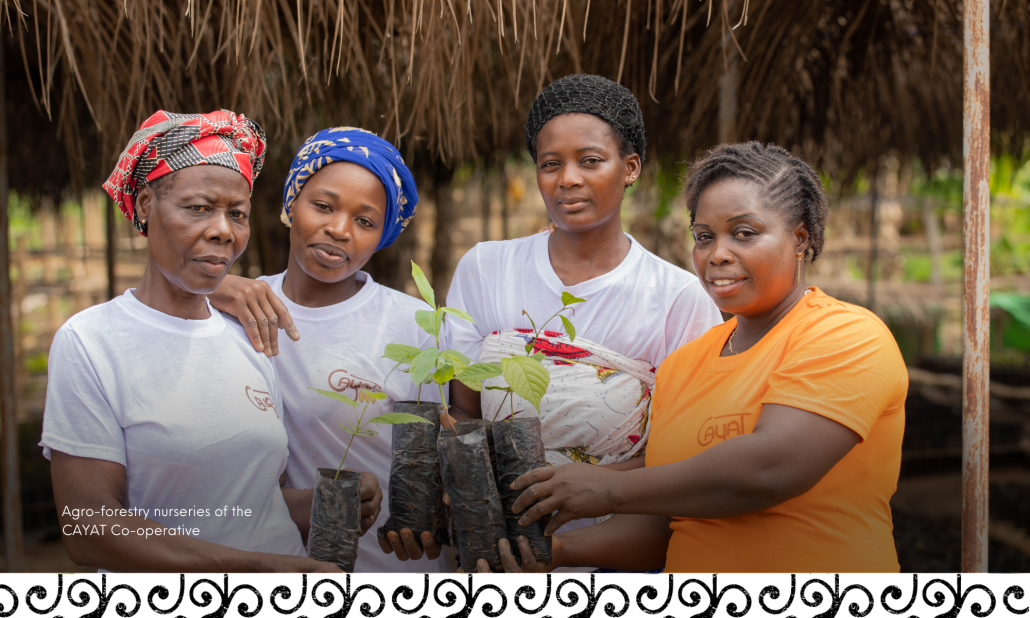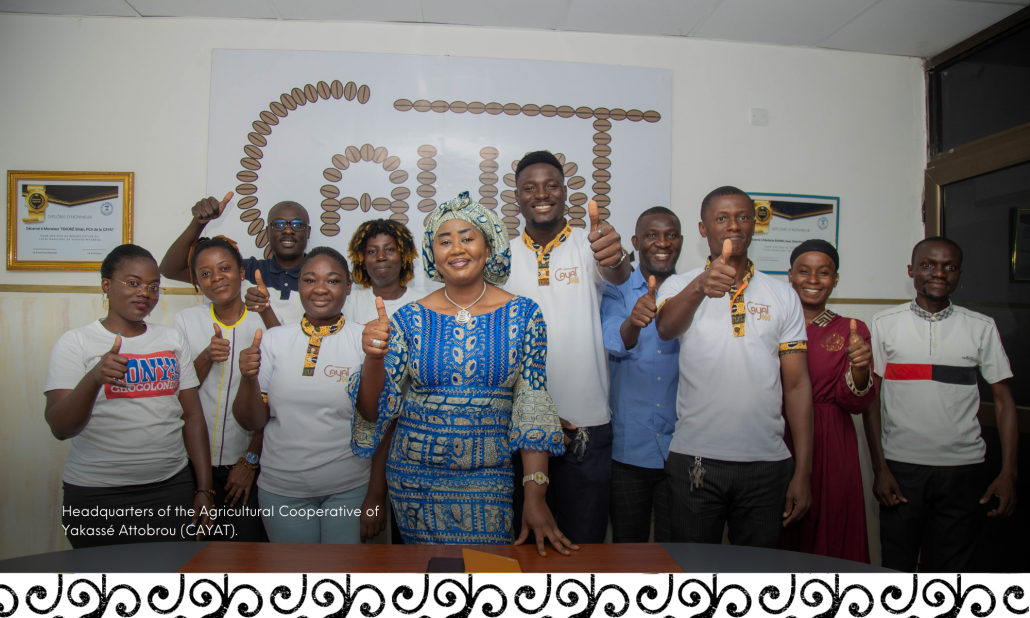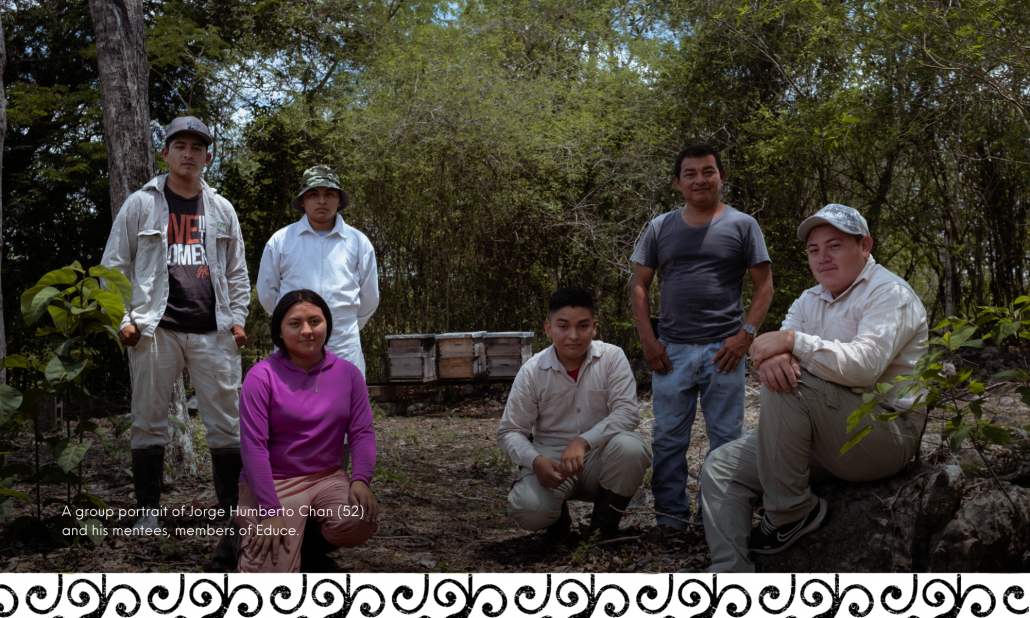Why Fairtrade? Speaking on Certifications
10 julio 2023
As set out in our 2022 Strategic Review, we agreed to ‘continue to widen our support for fair trade, extending our lending to organisations who are working towards Fairtrade certification, as well as those who meet the 10 Principles of Fair Trade. Shared Interest will continue to work where other lenders are less keen to operate, with lending likely to remain in unstable and remote geographic locations.’
With this new strategy, we aim to remain true to our mission as a respected and trusted provider of social finance and business support to people living in disadvantaged global communities; working where other lenders are less keen to operate.
The Importance of Fairtrade
We are often asked why we see Fairtrade certification as the gold standard.
Fairtrade certification offers many benefits for smallholder producers: it ensures producers receive a fair and stable price for their products; it promotes democratic decision-making; it supports collective bargaining; it encourages environmentally friendly farming practices; it improves international market access and also asserts a Fairtrade Premium, which is paid in addition to the product price, which can be a key driver for social and community development.
Our team on the ground regularly see new schools, healthcare facilities, road infrastructure and clean water systems built as a result of the Fairtrade Premium.

Our Fairtrade Certification System
Although the majority of our finance goes to support Fairtrade certified producers, we also remain mindful that it can be costly to smaller producers, and those who are not exporting their product. In order to enable us to reach these groups, we took the decision in 2014, following an extensive Strategic Review consultation, to develop our own Fair Trade Assessment. This due diligence process allows us to support organisations that meet the ethical standards required but have not pursued certification.
The Fairtrade certification system is rigorous, independent, and in line with best-in-class certification practice.
All producer organisations must go through an on-site audit before they can sell Fairtrade certified products. The Fairtrade Standards incorporate a holistic blend of social, economic and environmental criteria. The key objectives of the Fairtrade Standards are to:
- Enable pre-financing for producers who require it
- Ensure that producers receive prices that cover their average costs of sustainable production
- Provide an additional Fairtrade Premium which can be invested in developmental projects
- Facilitate long term trading partnerships and enable greater producer control over trading processes
- Set clear core and development criteria to ensure that the conditions of production and trade of all Fairtrade certified products are both socially and economically fair as well as environmentally responsible

Speaking on Certifications: CAYAT
You may have seen CAYAT in our Autumn 2022 magazine (QR 125). CAYAT is a cocoa and coffee farming co-operative, based around the towns of Adzopé and Yakassé-Attobrou in the South East of Ivory Coast. Like many areas across Ivory Coast, the La Mé region where CAYAT is located is home to many cocoa farmers who depend on the crop to earn a sustainable income. Founded in 2010, CAYAT hold various certifications for both their coffee and cocoa. In 2012, they gained Fairtrade certification for their cocoa. Following that in 2015 CAYAT achieved certification for their coffee with 4C Association.
General Manager, Awa Traoré, said: “Thanks to the certifications, we were allowed to put in place many social development projects in our communities."

Speaking on Certifications: Educe
Educe are a honey co-operative, working with almost 1,000 beekeepers in the Yucatan Peninsula of Mexico. This area is known for its production of high-quality honey, particularly from the Melipona bee, which is native to the region. These bees are stingless and are known for their unique honey, which is prized for its medicinal properties and distinct flavor. Educe’s honey is organic and Fairtrade certified, and the co-operative told us that certifications enable Educe to stay competitive in the honey market and achieve a higher price for their produce.
General Manager, Miguel Munguía Gil, said: “The certifications have been key for our beekeepers to obtain better prices, and consequently to have access to more social satisfactions, such as education for their children, health and home improvements.”
To learn more about Fairtrade standards, please visit:
https://www.fairtrade.net/standard

